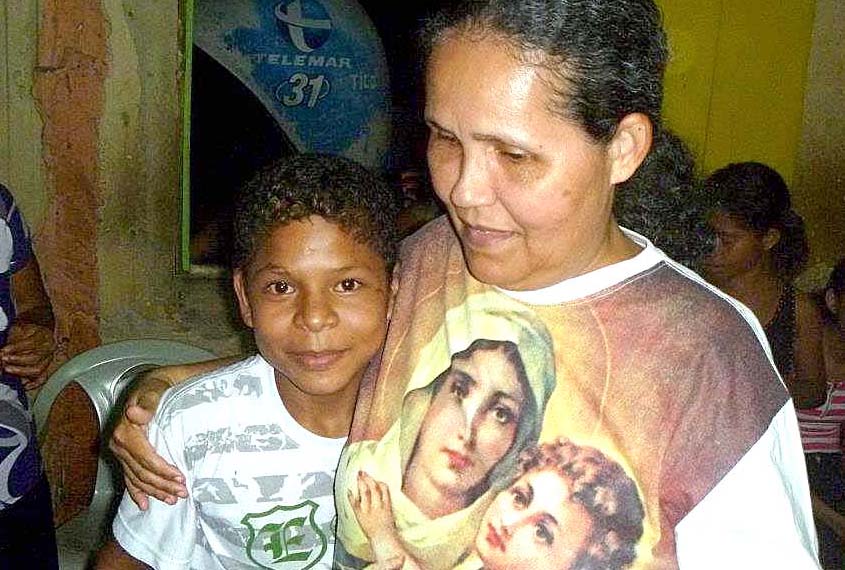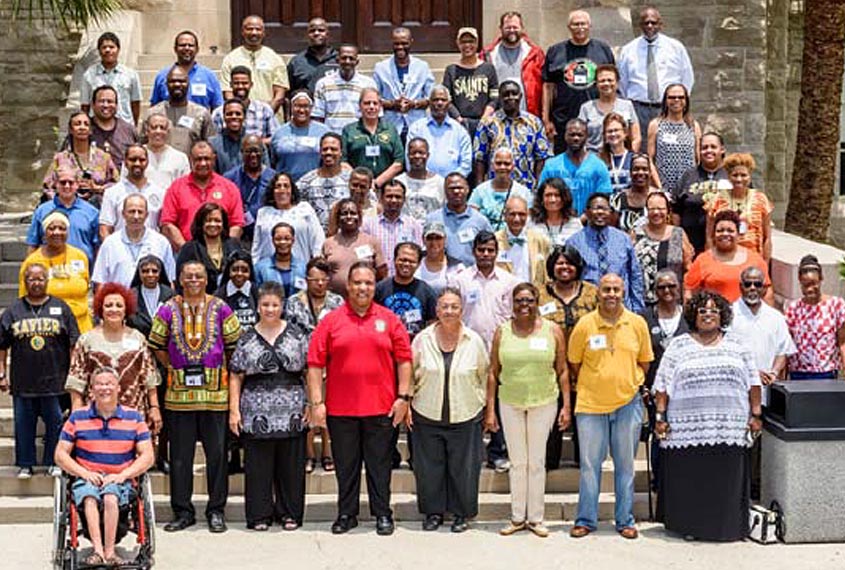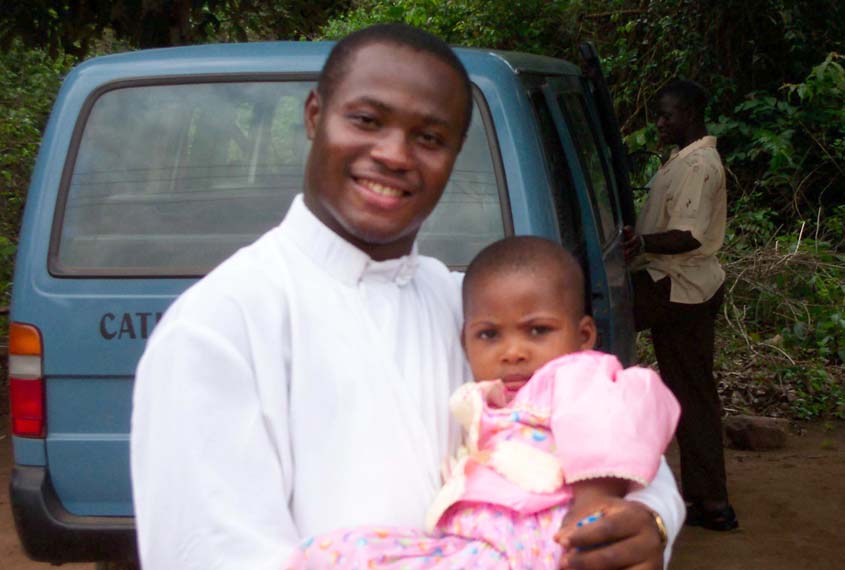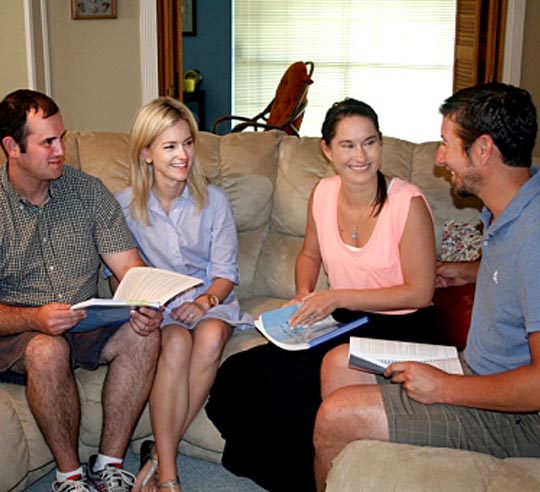Redemptorists Ministries
Redemptorists can be found ministering all over the world and close to home: From America’s poorest zip codes to the furthest reaches of the globe. We go where others do not go, we deliver the Gospel where it’s needed most. Everywhere.
The Redemptorist mission is simple: To strive to imitate the virtues and examples of jesus Christ, Our Most Holy Redeemer, by preaching the word of God to the poor. We look to serve society’s forgotten and most neglected peoples worldwide.
In addition to our many US parishes and missions, we have missions in Brazil and Nigeria. In the early 1940 the Province sent six missionaries to Brazil establishing a vice-province. In 1948 another call for missionaries came from Thailand. Besides establishing parishes and giving missions, these missionaries established the Ruamrudee International School in Bangkok which has an enrollment of about 2000 students and an orphanage in Pattaya to take in abandoned babies. This orphanage has grown to include a vocational training school for young handicapped men and women, and a home for the blind and homeless street children. Today Thailand has become an independent Province. In 1978 the Province sent four Redemptorists to Nigeria to begin to meet the needs of the most abandoned, and the growth of this mission has been enormous. Native vocations have been plentiful, and today there are over 110 professed members of the Vice-Province of Nigeria.
In addition to serving people, we also learn from the people we serve. We learn how to be better people, how to keep faith in tough times, and how the Holy Spirit can guide us through suffering. Together, we experience the love of Jesus Christ. Here is where you’ll learn more about the Redemptorist ministries and how you can help. We invite you to get involved. Learn with us. Help us bring the Gospel to the places it is needed most.
Working the Muddy Amazon
In the Amazon River basin, children are a large part of the living church. In many parts of this region, the message of the gospel first came from Redemptorist missionaries, and their continued ministry daily brings Christ’s love to each new generation. The last census states that about 20% of Brazil’s population is still living in the jungle, and the poor in the present-day rural zone are even more abandoned than before. Redemptorists are still working the muddy rivers of the Amazon, where boats are the only means to visit the people. In Coari alone, there are 196 small jungle communities we visit. Two visits to each in a year is a good year, as time, manpower and finances impose limitations.
Domestic Ministries & Parishes
Redemptorists are involved in a wide variety of social ministries that deal with such issues as immigration, refugees, the incarcerated, homelessness, poverty, unemployment, workers’ rights, women’s issues, exploitation of child labor, and racism. Redemptorists operate 15 parishes in the Midwest and western United States. These includes numerous food banks, soup kitchens, counseling centers, shelters and other facilities in an effort to bring God’s saving grace and love to those who have been marginalized, oppressed, abused or abandoned. The Redemptorists also support a Mission Team which can organize a parish mission for your community. Find out more here.
Nigeria: An Ever Growing Circle
In 1987 the Denver Province established a mission in Nigeria which was so fruitful that it soon became a vice-province. The missionary life of a Redemptorist in Nigeria is daily filled with contrasts – from established parishes in crowded, modern cities to travels via bus, motorcycle and foot to remote outstations where rural communities gather to worship. A Redemptorists missionary in Nigeria may find that his “parish” is an ever-growing circle of far-flung shacks where wealth in the spirit vastly outshines the simple facilities.
For Better and For Ever
The Redemptorists understand how important strong marriages are for our Catholic communities. For Better and For Ever is an innovative Christian marriage preparation and enhancement program that understands that even the best marriage preparation is not enough to adequately prepare couples for the reality of marriage beyond the wedding ceremony. It offers resources and training materials both for couples and marriage educators.




